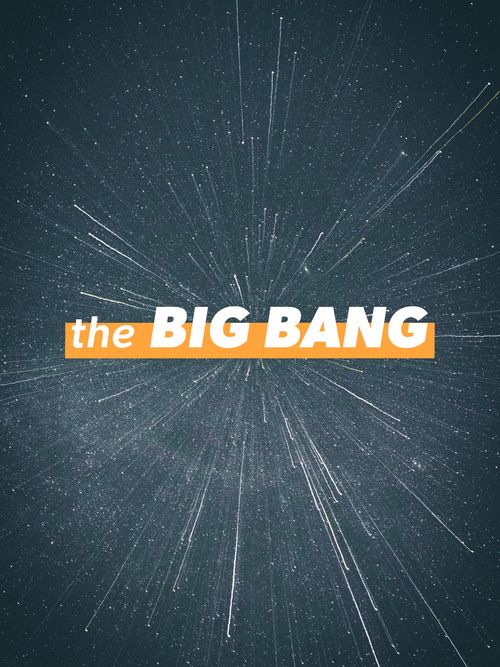What is the big bang theory? And what does it tell us?
Oct 01, 2021 · 2 mins read
0
Share

About 14 billion years ago, all the matter that exists in the universe today was contained in a speck so small that the dot at the end of this sentence is a trillion times bigger. This dense superforce, which had no form or structure, suddenly exploded with unimaginable strength.
Save
Share
In a split-second, supercharged photons converted their energy into quarks, which would later combine into the nuclei of hydrogen atoms to power every star ever born. About a billion years later, gravity pulled these atoms into clouds of gas, which spread out to form galaxies.
Save
Share
The Big Bang itself produced only a handful of the simplest elements. But as the energy it generated expanded and cooled, “matter” began to form. The origins of the human race can, in many ways, be traced back to the chain of events that have played out since then.
Save
Share
Human beings are the descendants of not only a common genetic ancestor, but also of the chemistry of life produced in supergiant stars that light up the cosmos. The core of these stars is what produced the atoms essential to shaping habitable planets and life-forms.
Save
Share
Every proton in the human body was forged during the uber-explosion that we call the Big Bang, as was the oxygen we breathe. As a species, we’re incredibly lucky enough to have developed to a point where we could recognize this.
Save
Share
Along the way, scientific explanations on the creation of both the universe and humanity inevitably generated a new set of questions, like: What happened before the Big Bang? And what force set the Big Bang in motion?
Save
Share
Some religious leaders and scholars – even some of history’s leading physicists – argue that a higher force must have sparked the unfolding of the universe. Even Einstein famously asked himself how God would have created the forces and interactions that led to the cosmos.
Save
Share
This debate has now expanded to consider the possibility of a ‘multiverse’. Some physicists suspect there may have been countless Big Bangs that gave rise to countless universes. Our cosmos, it’s suggested, might belong to a tiny fraction of space-times that allow life to form.
Save
Share
Some deists have even turned the original multiverse theory on its head by suggesting that, if somehow proven, this would provide incredible evidence that an ultimate power has created not one, but an entire spectrum of universes.
Save
Share
No physicist has successfully proposed a way to test the multiverse hypothesis, let alone prove/disprove that an invisible force guided its creation. All we can say for certain, for now, is that the Big Bang happened, and it was the origin of the physical universe as we know it.
Save
Share
0